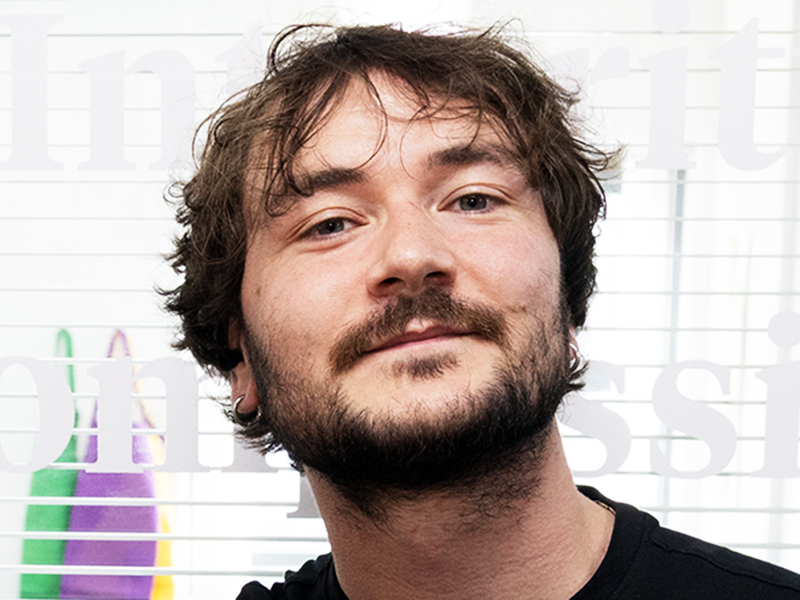August 31st is International Overdose Awareness Day
Alcohol and substance use are closely linked to homelessness in Scotland, sadly feeding into the cycle of repeat and persistent homelessness.
In 2023/24, Scottish Government statistics showed that 3,474 households out of 33,619 recorded as homeless or at risk of homelessness were identified as having an alcohol or substance use support need.
For many, substance and alcohol use are not only a factor that contributes to becoming homeless, but also a barrier to moving on from homelessness.
Substance use can lead directly to homelessness. It often creates financial strain through debt, job loss, or eviction. It can also cause relationship breakdown, with people being asked to leave their home, or force people to flee due to threats or violence.
For others ongoing legal issues or imprisonment linked to substance use add further instability. These issues can and do result in people losing their homes, and for many, substance and alcohol use and addiction can be just one of a multitude of factors that result in a person experiencing homelessness.
For some people experiencing homelessness, they can find themselves trapped in a downward spiral of homelessness and addiction. Difficult and adverse experiences throughout life can result in many people using alcohol or substances as a coping mechanism, or as a way to numb themselves.
In my role, many people I’ve spoken with advised that their substance use was an attempt to self-medicate issues with their mental health or trauma they have faced.
Ongoing active addiction and the ramifications of this can be a key reason why people remain in a vicious circle of homelessness, losing home after home and facing constant instability. The risks associated with this cycle are severe.
People experiencing homelessness are far more likely to experience poor mental and physical health, and far more likely to die because of substance use. In 2023, 41% of deaths of people who were homeless in Scotland were substance use related. By contrast, in the wider Scottish population, that figure was just 1.85%. This stark difference shows the huge risks faced by people experiencing homelessness.
Stigma can also have a significant impact on people who use substances. Many of the people we support have described feeling ignored, judged, or seen as less than others because of their substance or alcohol use. One person we supported who was in recovery advised that they would avoid collecting their medication from the pharmacy when it was busy out of fear of being judged.
International Overdose Awareness Day is marked annually, and is an opportunity to bring together a global community to take action on overdose risks. It is essential that the issues and risks facing people who are homeless and use substances are recognised and understood.
With support, compassion, education and access to services, overdose deaths can be reduced, and many more people can begin to recover and move on to a new chapter of their lives.
Aidan Kane is a senior support worker in housing support for Right There.







